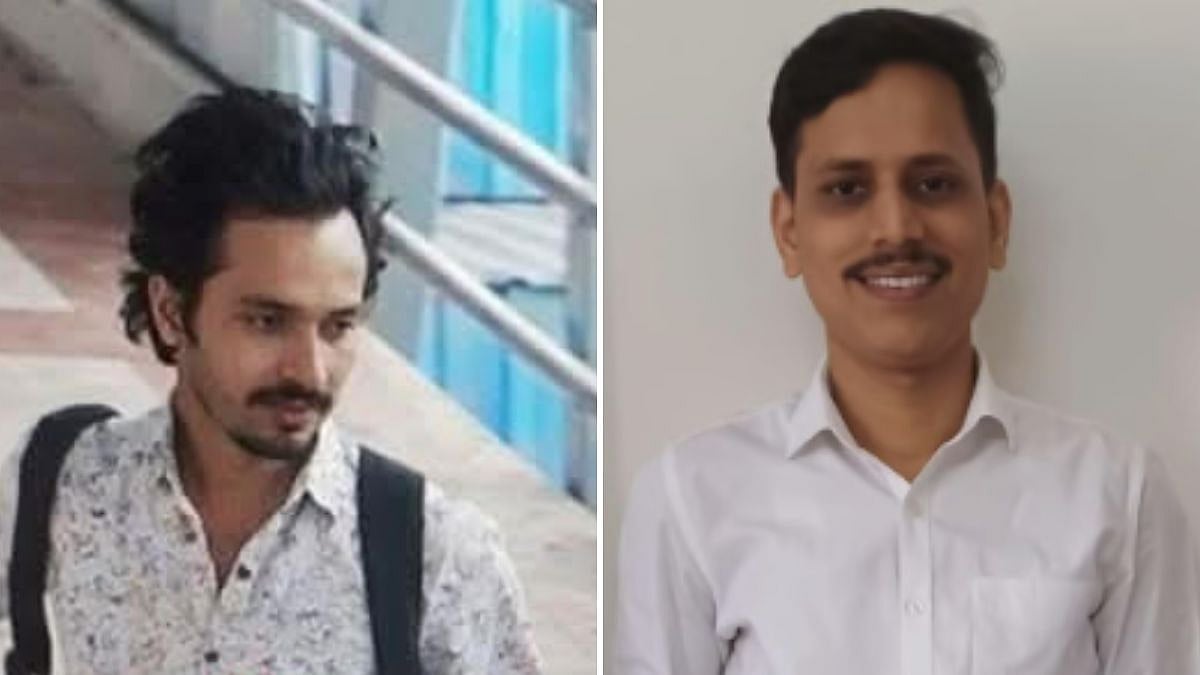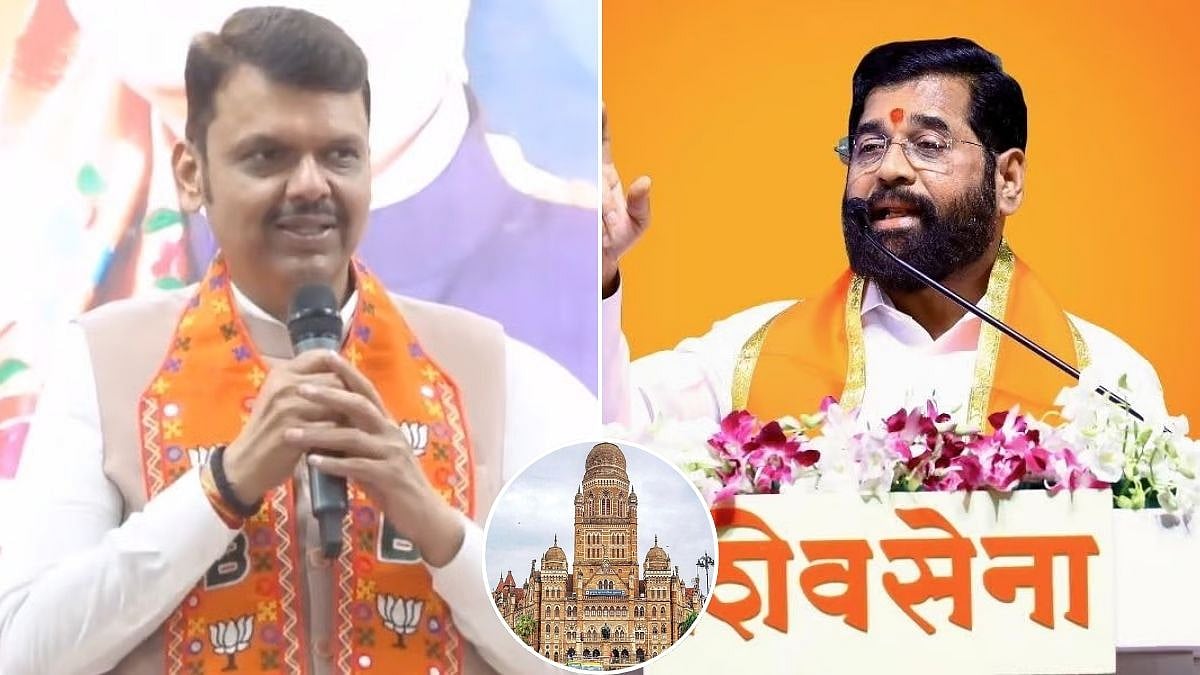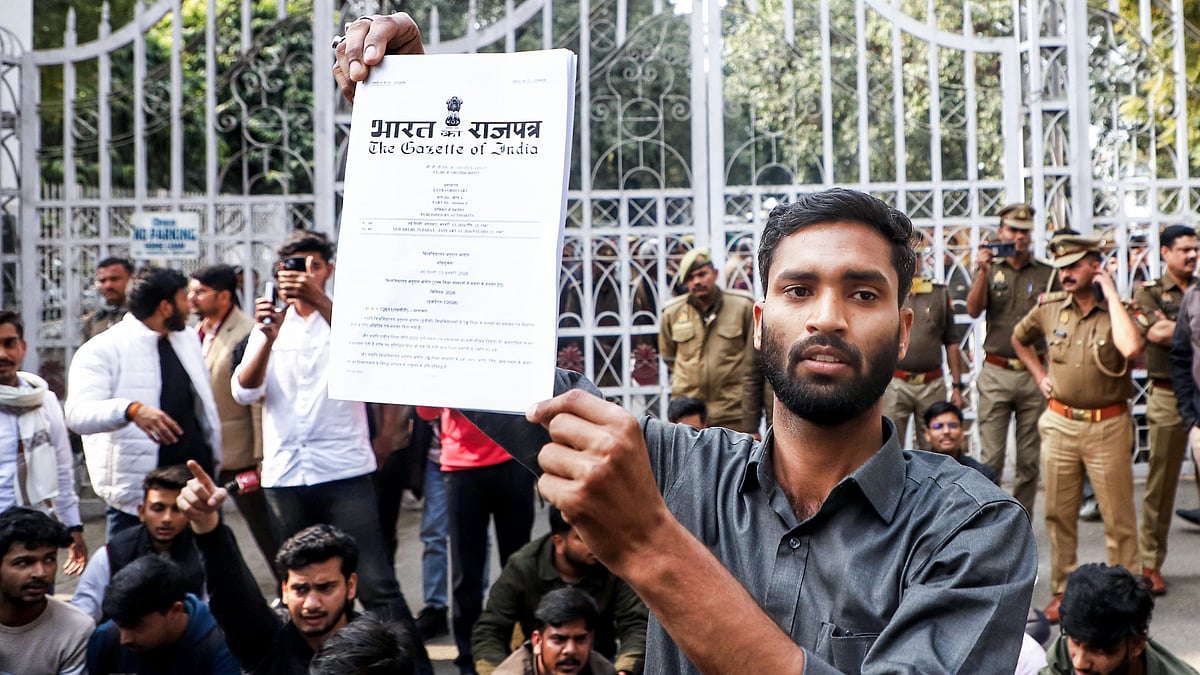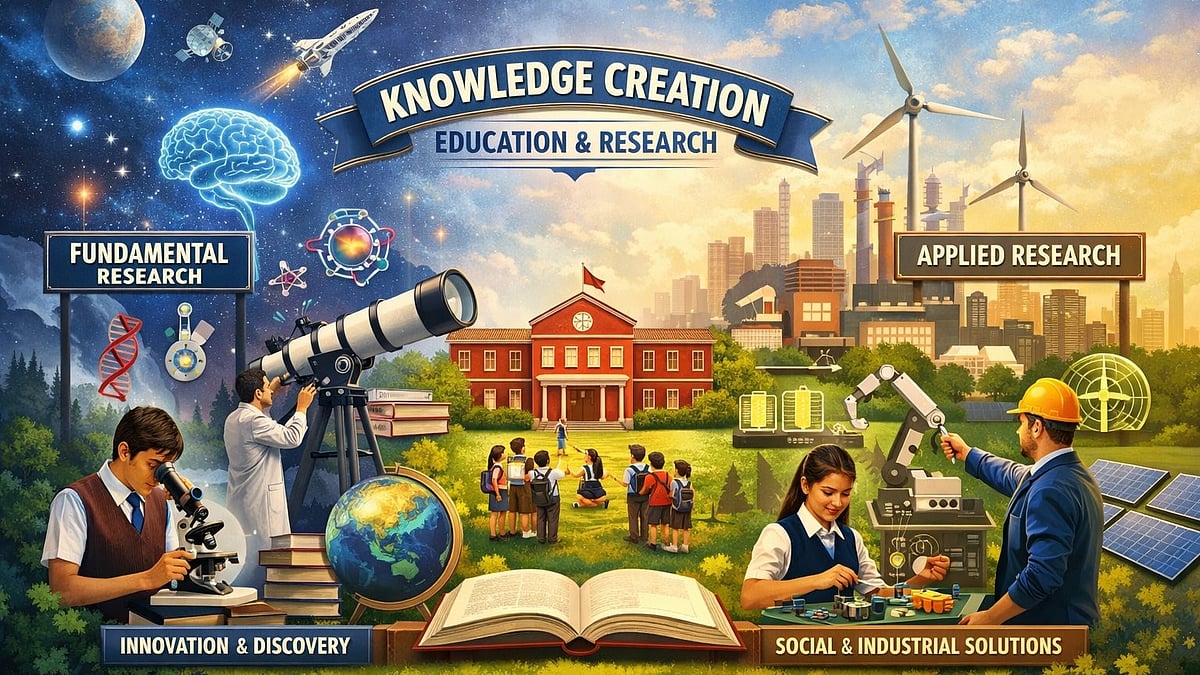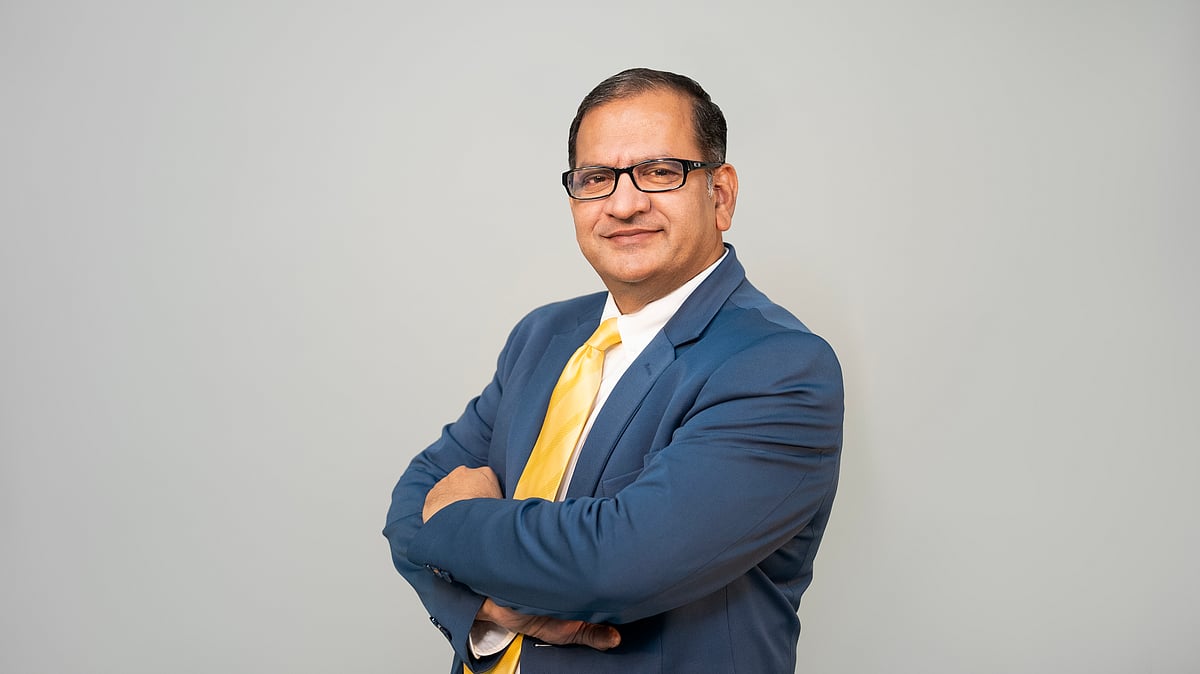Swati Vasudevan, Managing Director at Khan Academy, heads the company’s India operations. An IIT-Delhi graduate with an MBA from Chicago Booth, Swati has been an advisor to startups, COO at the Bill & Melinda Gates Foundation India, and has held a string of other distinguished designations. What makes Khan Academy incomparable to others in the space is that all content at Khan Academy is free and, hence, holds sway. In a breezy interview with Lajwanti D’Souza, the MD discussed plans ahead.
Is hybrid the way forward?
Things tend to find a balance, even if they move back and forth a little bit from one side to the other. In this case, things may move from offline to online from time to time because of environmental factors and constraints like the pandemic. I think the answer lies somewhere between online and offline. Each has a role to play, and one has a bigger role than the other. Online learning can be a key part of giving them access to education. It can also give a student a safe place to learn at a time and place that work best for them. Offline learning gives students the important human touch of community interaction, in-person coaching, and motivation that may be hard to find online.
So, you are saying that offline is needed as much, if not a little more?
I think that younger children learn best through hands-on experiences that are harder to find online. Interacting with and learning from your peers is an important part of building 21st-century skills. Let's talk about critical thinking, solving problems, working together, design thinking, influencing, negotiating, and figuring out how human organisations and community dynamics work. These are all skills that students develop better when they talk to each other in person. So, no matter how we look at it, teachers will always be important. Their role may change depending on whether they are teaching offline or online, but they will always be a key part of the learning process. This is why India's Khan Academy focuses on a teacher-led model even for online education. Offline provides that crucial human touch in community interaction, in-person coaching, and motivation that may be hard for students to get online.
How do you keep up with technology?
Technology is constantly evolving, but to me, force-fitting in education, simply for the sake of technology, is not the answer. I feel that if it's integrated and applied thoughtfully, and with clarity on the problem we try to solve, technology can be a true enabler and provide disruptive pathways to some crucial challenges in the sector.
What are disruptive pathways?
For example, access to education or personalized education. An edtech platform like Khan Academy, for example, that is simple to use, doesn't have distracting or unnecessary bells and whistles, and doesn't require huge bandwidths, can leapfrog that access to world-class education content for students anywhere. Platforms like Khan Academy can also facilitate personalized education for students at their learning levels and help close those learning gaps towards mastery of concepts. With the help of videos that build a solid conceptual foundation, exercises that can help build skills. Well-integrated, thoughtfully designed, and responsibly tested AI tools such as Khan Meego can provide additional personalized tutoring to students. This is particularly effective in large classroom sizes with high student-to-teacher ratios, as we find in various parts of India, as an example.
But isn’t technology as good as how it is used or accepted?
For instance, a tool like Khanmigo can free up teachers’ time to focus more on personalised coaching, inspiring, encouraging, and motivating the students instead. Technology alone is the answer, and I feel that, as I said earlier, building it and hoping it will come, just doesn't happen. A good tech tool is only as good as how well it is adopted.
And the devil is in the details, as you say?
It's a lot about the softer side of things. How well the tool is integrated within the education system, and how behaviour changes are nudged and supported, all facilitate adoption. It's easy to become overly enamoured with the most recent technology for its own sake. And it's easy to forget that in edtech, education comes first, and then comes technology.
So it isn't tech education or technology that's used in education, but tech education that is enabled by technology. A student should always be the North Star. And I say that again, you know, I can't underline that enough. Even at Khan Academy, we strive to stay at the forefront of technological developments with the objective of enabling access to quality education.
Is India still the focus of edtech?
India is a fertile ground and an innovation garage for new technologies. What we have here is a lot of data, given just the demographics. So technologies are able to use that data to research what works for learning and what doesn't and create tools that translate worldwide. Not just in education but in many other sectors, India has leapfrogged thanks to the use of technology. Our financial stack that UPI is based on, the digital stack for e-commerce, and the health stack that is being built are all great examples of the tech prowess of the country.
But in India, the rural-urban split is huge.
Yes, in education specifically, the gap between the rural and urban education axis is larger than, say, in developed nations, and everywhere you turn in the country today, technology is being used to enable access to bridge that gap. And we at Khan Academy hope to play a significant role in doing that in India.
And rural is the way ahead?
When an organisation like Khan Academy works with state governments to give access to a world-class curriculum to government schools in the state, I think rural India is already growing as a market. We don't target only cities, tier one or two towns, or rural schools; we target all rural schools. I put the word "world-class" in quotes because there is a myth that to reach rural students, you have to dumb down your own curriculum to make it more accessible.
Students are just as smart in rural areas as they are in cities, and I think rural students deserve the same quality as urban students. All we have to do is localise the content in their native language, which is what they know best. That's what we do at Khan Academy in India. For example, 6th through 12th graders in all 6500 schools in Punjab studied math at Khan Academy in Punjabi.
Tell us about yourself, you began as a lone female engineer on an oil rig.
Yes, when I got my first job out of college as a field engineer on an oil rig, I was the only woman there. My father didn't bat an eye, and it wasn't even something we talked about at home. He was just happy for me. He never asked me how many points I got or where I stood in the class. When I ran up to him with my report card and told him I was in the top three, he would always say, "Great, that's good for you. All I care about is that you be a good person." He kept saying that, and I still remember it. I think my father kept us and our family rooted by staying in touch with where we came from. For example, I spent every summer vacation in the village where he grew up. My mother was a very creative, spiritual, giving, and supportive woman from that generation.
What was your career goal as a youngster?
What I wanted to be changed over time. Because my father's job was transferable, we moved around a lot, which exposed me to many different places, people, and cultures, even ones outside of India. I used to want to be a ballerina, then a pilot and astronaut, then a doctor, then an artist, and at one point I even wanted to be the prime minister. I used to think I wanted to be an engineer or scientist because I liked maths and science. But I think it took me a while to realise that what I really liked was solving problems, whether it was in a small group or in a company or for the community or on an international or global scale. So yes, it's been a long journey to find my sweet spot, but I think I'm there now.
Tell us about your family.
When my kids were young, I would joke that it would be easier to coordinate the schedules of several CEOs for a meeting than to plan a family activity. We would even send each other calendar tips. When I was growing up, I was very lucky to have three siblings and parents who were always there for me.
How much free time do you have and what do you do with it?
I think I'm very lucky because I don't worry too much about doing what I love because I love what I do and I know I'm good at it. I've also never felt bored in my life, and I think that's partly because I've always wanted to do something creative on the side of my work.
For example, I'll pick up my sketchbook and paints for a while. I'll go through phases where I like to sing and play music, or I'll get into a mood where I want to change the way rooms look. Anything that has to do with design is my favourite. I love to change my mind. Podcasts are something I'll always listen to, especially when I'm running or walking. I write microblogs and love being outside in nature. Maybe I'd go hiking and tracking when the boys were growing up and they were home. We're still trying to do that, but there's not much time to get out of the city and do that every now and then. Other than that, I enjoy spending time with my family and friends; they help me feel like I'm living a real life and growing as a person.
Future plans?
I want to change the world in a way that affects a large number of people and has a ripple effect on future generations. I think education is the best way to do this in a way that will last for a long time.

